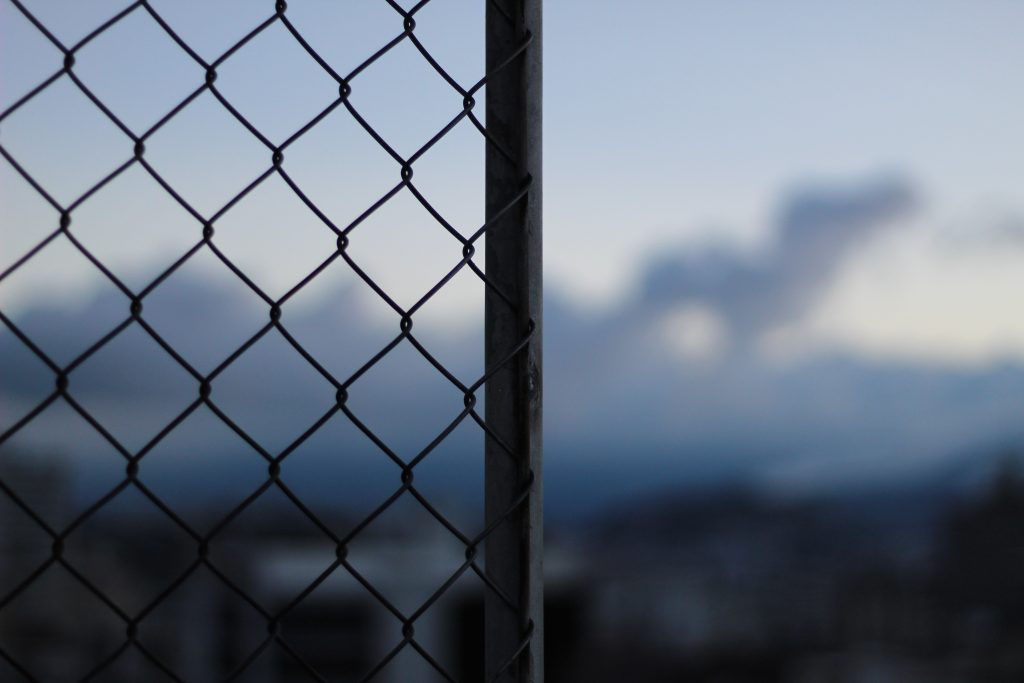30 years of rehabilitation of torture survivors living in Finland
24.11.2023
Thousands of refugees living in Finland are torture survivors. The Deaconess Foundation’s Centre for Psychotraumatology has been rehabilitating torture victims for 30 years. The work, based on high-quality multi-professional expertise, brings hope to people broken by the trauma of torture.

Photo: Andrea Leon, Unsplash
The rehabilitation of torture victims by the Deaconess Foundation was initiated by the Ministry of Social Affairs and Health with the support of the Finnish Slot Machine Association in September 1993. The approach was modelled on similar work that had been carried out in Denmark for a long time.
The Centre for Rehabilitation of Tortured Persons (now the Centre for Psychotraumatology) was established in response to the UN Convention against Torture, which Finland ratified in 1989. The Convention prohibits torture in all circumstances and requires care for victims of torture. States party to the Convention must guarantee victims of torture the possibility of rehabilitation.
“The political situation in the world affects the need for rehabilitation of torture victims, but with a delay. It’s important to maintain expertise so that it’s available when it’s needed. That is why, in addition to the actual rehabilitation work, we are now also focusing on nationwide training and counselling,” says Mari Tikkanen, Head of Unit at the Centre for Psychotraumatology at the Deaconess Institute.
Delayed onset of trauma symptoms
Torture is the intentional infliction of severe pain or suffering. The purpose of torture is often to punish or intimidate the victim, or to extract information or confessions. Torture is the most profound and fundamental violation of human rights.
When the rehabilitation of torture survivors began at the Deaconess Foundation 30 years ago, there were 6,000 refugees in Finland. It was estimated that about one thousand of them had been tortured.
In 2022, a total of 47,302 people applied for temporary protection in Finland, most of them from Ukraine. A total of 4,937 people applied for asylum for the first time, and Finland received a total of 1,275 quota refugees in 2022. According to the latest estimates, three out of four people from refugee or conflict areas have experienced a violent event in their former country of origin: war, physical harm, sexual violence, torture or imprisonment (PALOMA Centre of Expertise 2018).
Psychological injuries, such as post-traumatic stress disorder, depression, anxiety and memory problems, can emerge years after torture or fleeing war.
“For example, most of those who have fled the war in Ukraine are still in a state of crisis and need crisis support. Their possible traumatic experiences may only become symptomatic later,” says Tikkanen.
Rehabilitation is a long road
Rehabilitation is possible, but it can take years. The effects of torture always go beyond the individual. If there is a torture victim in the family, the whole family is affected. The trauma of torture is also passed on from one generation to the next if it is not properly treated.
There is also a social and global dimension to meeting and rehabilitating torture and war trauma survivors – working together for social peace.
It is important to recognise the symptoms of torture in primary health care so that help can be provided. Once the need has been identified, a multidisciplinary rehabilitation process begins, planned on an individual basis. In addition to a psychiatrist, the treatment team usually includes a nurse, an occupational therapist, a physiotherapist and a social worker. The role of interpreters in rehabilitation teams is also important.
Centre for Psychotraumatology
- A national polyclinic based in Helsinki and specialising in the rehabilitation and treatment of torture and war trauma.
- Established in 1993.
- Part of the Deaconess Foundation.
- Religiously and politically non-aligned.
- Examination and treatment are done by referral from a health professional.
- Provides training, consultation and counselling for those working with refugees.
- Funded by the Funding Centre for Social Welfare and Health Organisations (STEA), the EU and the Deaconess Foundation
- This year, more than 300 patients from over 26 different countries
- Clients from Syria, Iraq, Congo and Afghanistan
Further information
Mari Tikkanen, unit manager, Centre for Psychotraumatology of the Deaconess Foundation, mari.tikkanen@hdl.fi, tel: +358 50 314 2013
Media contacts: communications manager Jenni Sarolahti, jenni.sarolahti@hdl.fi, +358 50 372 0828
Source: the Finnish Immigration Service Maahanmuutto Suomeen 1/2023 (Immigration to Finland, published in Finnish) and statistics on quota refugees.